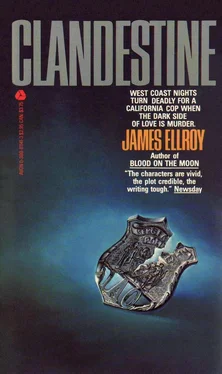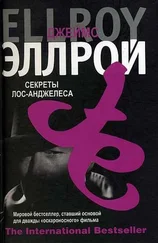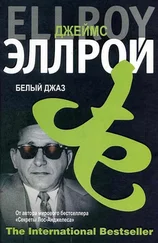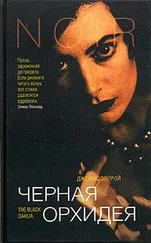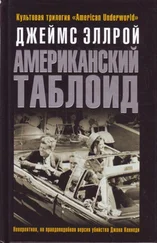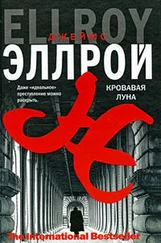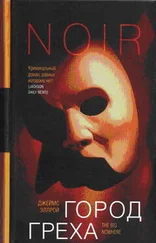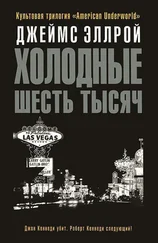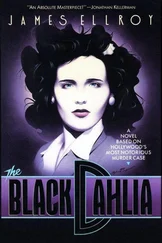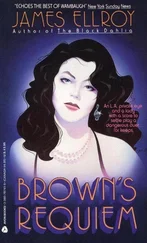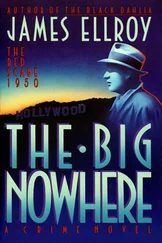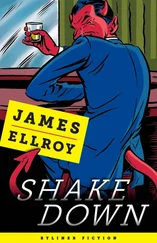When the plane landed in Chicago and I hit terra firma again, I decided to change my plans and rent a car to drive the hundred miles or so into Wisconsin. I picked up an efficient-looking Ford at a rental agency and set off. It was near dusk and still very hot. There was a breeze coming from Lake Michigan that did its best to cool things off, but failed.
I drove into the heart of the city, watching the early evening tourists and window-shoppers, not knowing what I was looking for. When I passed a printer’s shop on the near north side I knew that it was my destination. I went in and purchased five dollars’ worth of protective coloration; two hundred phony insurance investigator business cards, these bearing my real name and a ritzy-sounding Beverly Hills address and phone number.
At a nearby novelty store I purchased three reasonably realistic-looking badges designating me “Deputy Sheriff,” “Official Police Stenographer,” and “International Investigator.” When I scrutinized that last one more closely, I threw it out the window of my car — it had the distinct look of a kiddies’ cereal box giveaway. But the others looked real, my business cards looked real, and the .38 automatic in my suitcase was real. I found a hotel room on the north side and went to bed early; I had a hot date with history, and I wanted to be rested for it.
Southern Wisconsin was colored every conceivable shade of green. I crossed the Illinois-Wisconsin border at eight o’clock in the morning and left the wide eight-lane interstate, pushing my ’52 Ford sedan north on a narrow strip of blacktop through a succession of dairy farms interrupted every few miles or so by small lakes.
I almost missed Tunnel City, spotting the turn-off sign at the last moment. I swung a sharp right-hand turn and entered a two-lane road that ran straight through the middle of a giant cabbage field. After half a mile a sign announced “Tunnel City, Wis. Pop. 9, 818.” I looked in vain for a tunnel, then realized as I dropped down into a shallow valley that the town was probably named for some kind of underground irrigation system that fed water to the endless fields of cabbage that surrounded it.
The town itself was intact in every respect from fifty years ago: red brick courthouse, red brick grain and feed stores, red brick general store; white brick drugstore, grocery store, and public library. The focal point for the little community seemed to be the two tractor supply stores, glass-fronted, situated directly across the street from each other, their crystal-clear windows jammed with spanking-new farm machinery.
A few sunburned men in coveralls stood in front of each store, talking good-naturedly. I parked my car and joined one group on the sidewalk. It was very hot and very humid, and I immediately shed my suit coat. They spotted me for a city slicker right away, and I saw subtle signals pass between them. I knew I was going to be the butt of some jokes, so I resigned myself to it.
I was about to say “Good morning” when the largest of the three men immediately in front of me shook his head sadly and said, “Not a very good morning, young fellow.”
“It is a bit muggy,” I said.
“You from Chicago?” a small beetle-browed man asked. His small blue eyes danced with the knowledge that he had a live one.
I didn’t want to disappoint him. “I’m from Hollywood. You can get anything you want in Hollywood except good sauerkraut juice, so I came to Wisconsin because I couldn’t afford a trip to Germany. Take me to your wisest cabbage.”
This got a big laugh all around. I dug into my coat pocket and brought out a handful of my business cards, giving one to each man. “Fred Underhill,” I said, “Amalgamated Insurance, Los Angeles.” When the stolid-looking farmers didn’t seem impressed, I dropped my bomb: “You men ever read the L.A. papers?”
“No reason to,” the big man said.
“Why?” the beetle-browed man asked.
“What’s it got to do with the price of cheese in Wisconsin?” another asked.
I took that as my cue: “A Tunnel City girl was murdered in Los Angeles last month. Marcella DeVries. Married name Harris. The killer hasn’t been found. I’m investigating a claim and working with the L.A. police. Marcella was here four years ago, and she may have been back even later than that. I need to talk to people who knew her. I want the son of a bitch who killed her. I...” I let my voice trail off.
The men were staring at me blankly. Their lack of expression told me they knew Marcella DeVries and weren’t surprised about her murder. Their immobile faces also told me that Marcella DeVries was an anomaly to them, far beyond the limits of their smalltown bailiwick.
No one said a word. The other group of tractor worshipers had halted their conversation and were staring at me. I pointed across the street to a white three-story building that bore a sign reading “Badger Hotel — Always Clean Rooms.”
“Are the rooms there really always clean?” I asked my rapt audience.
No one answered.
“I’ll be staying there,” I said. “If any of you want to talk to me, or know anyone who might, that’s where I’ll be.”
I locked my car, got my suitcase out of the trunk, and walked to the Badger Hotel.
I lay on my clean bed for four hours, in my skivvies, waiting for an onslaught of farmers bent on detailing every aspect of the life of Marcella DeVries Harris. No one called or knocked on my door. I felt like the marshal summoned to clean up the rowdy town who finds that the townsfolk are unaccountably afraid of him.
I checked my watch: five-thirty. The heat and smothering humidity were starting to abate, so I decided to go for a walk. I dressed in slacks and sport shirt and strolled through the clean lobby of the Badger Hotel, getting a suspicious look from the clean desk clerk before entering the clean streets of Tunnel City, Wisconsin.
Tunnel City had one business thoroughfare, named, appropriately, Main Street. Every bit of Tunnel City commerce existed on that one street. The town’s residential streets spread out from this commercial hub, pointing outward to the bordering farmland.
I walked south, toward the cabbage fields, feeling out of place. Every house I passed was white, with a perfectly tended front lawn bearing well-pruned trees and shrubs. Every automobile parked in every driveway was clean and glistening. The people who sat on the porches looked resolute and strong.
I walked all the way to where Tunnel City proper ended and Tunnel City’s nourishing farmland began. Walking back to my hotel I knew why Marcella DeVries had had to get out — and why she had had to return.
I was strolling down Main Street looking for a place to eat when a man crossed the street toward me, coming from the direction of the hotel. He was a tall man in his forties, dressed in blue jeans and a checked sport shirt. There was something different about him, and when his gaze zeroed in on me I knew he wanted to talk.
When he hit the sidewalk he planted himself firmly in my path and stuck out a large bony hand for me to shake. I took it.
“I’m Will Berglund, Officer,” the man said.
“Fred Underhill, Mr. Berglund, and I’m not a policeman, I’m an insurance investigator.”
“I don’t care. I knew Marcy DeVries better than anyone. I—” The man was obviously very moved.
“Where can we go to talk, Mr. Berglund?”
“I run the movie theater here in town.” He pointed down Main Street. “The last show is over at nine-forty-five. Meet me there then. We can talk in my office.”
When I walked into the lobby of the Badger Theater Will Berglund shooed the few remaining moviegoers out the door, locked it, and wordlessly led me to an upstairs office crowded with beat-up theater seats and inoperative movie projectors. “I like to tinker,” he said by way of explanation.
Читать дальше
